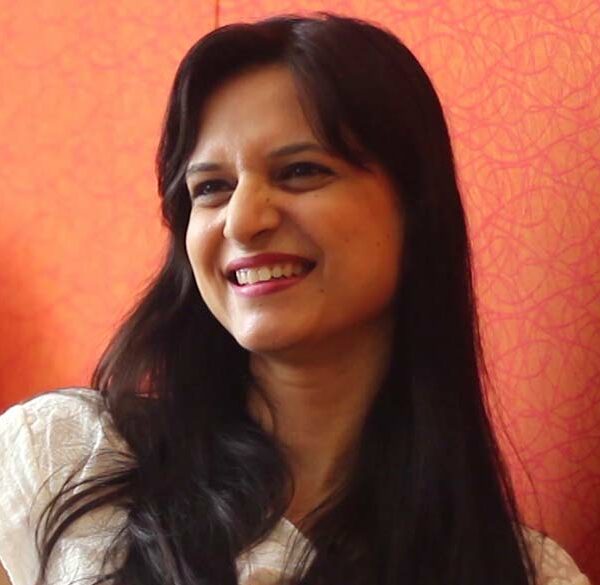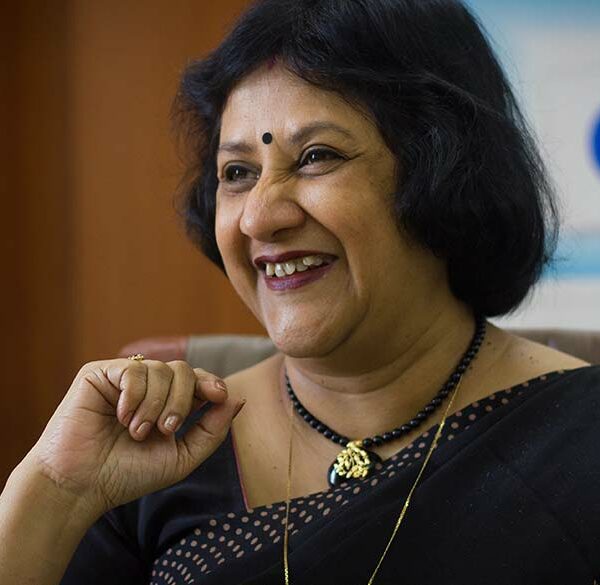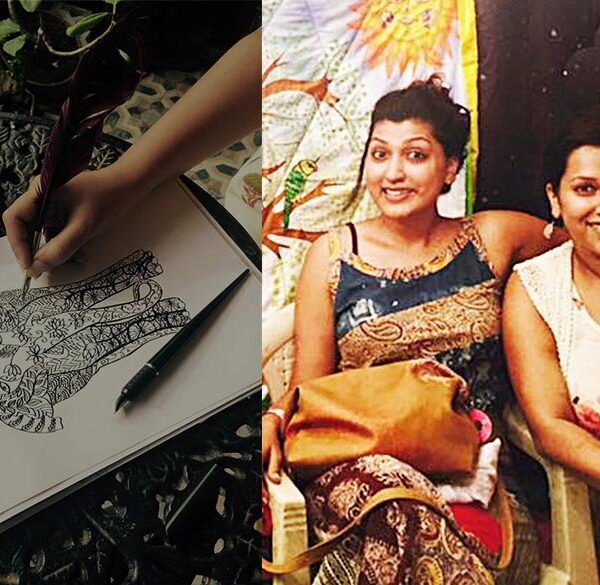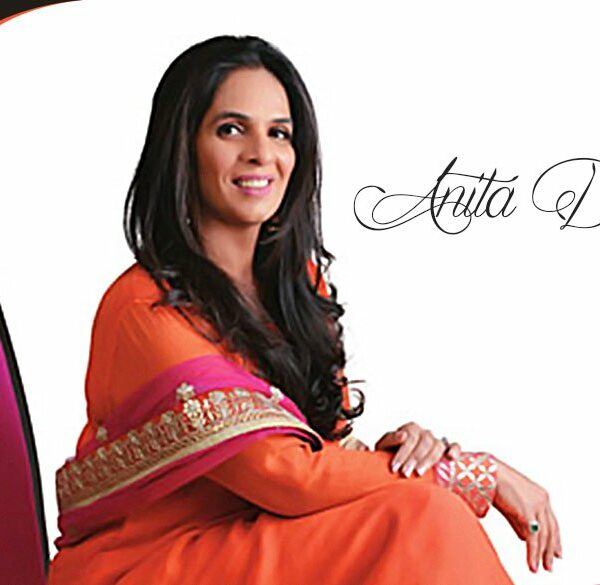Surrogacy is when a woman carries a baby for another couple and gives up the baby at birth. In the past decade, commercial surrogacy has grown tremendously in India. It is currently estimated to be a $2-billion industry. Before November 2015, when the government imposed a ban, foreigners accounted for 80 percent of surrogacy births in the country. This is because most countries, barring a few such as Russia, Ukraine, and some U.S. states, do not permit commercial surrogacy. Many countries in Europe have completely prohibited surrogacy arrangements, both to protect the reproductive health of the surrogate mother as well as the future of the newborn child.
After a few cases of complications in cases of the custody of the child after parents separated during the pregnancy period of the surrogate mother, the need for revaluation of the industry was being brought up by several factions of society. Some feminist organizations were against it calling it exploitation of women’s reproductive organs. In Gujarat’s Anand, there are the highest number of surrogacy clinics. Anand used to be called the surrogacy capital of India. Surrogacy also has been criticized on the ground of maintaining biological descent line, in turn, preserving social status in terms of caste and class.

The Surrogacy (Regulation) Bill, 2016 proposes to regulate surrogacy in India by permitting it as an option for couples who cannot naturally have children, have a lack of other assisted reproductive technology options, are keen to have a biological child, and can find a surrogate mother among their relatives. Altruistic surrogacy, which means an arrangement without transfer of funds as an inducement, is currently practiced in some centers in India, though the majority of surrogacy centers use women who are paid for their services. The child born through surrogacy will have all the rights of a biological child. Indian infertile couples between the ages of 23-50 years (woman) and 26-55 (man) who have been married for five years and who do not have a surviving child will be eligible for surrogacy. The surrogate mother should be a close relative of the intending couple and between the ages of 25-35 years and shall act as a surrogate mother only once in her lifetime. Implementation will be through the national and State surrogacy boards. Any establishment found undertaking commercial surrogacy, abandoning the child, exploiting the surrogate mother, selling or importing a human embryo shall be punishable with imprisonment for a term not be less than 10 years and with a fine up to Rs.10 lakh. Registered surrogacy clinics will have to maintain all records for a minimum period of 25 years.
Also Read : The Onus of Adoption is Worse for a Single Mother
While proposing this bill, Sushma Swaraj spoke about the practice of having children through surrogacy despite having biological children has become a trend. This surrogacy bill assumes a lot about Indian society and with the same pace invisibilizes a number of vital segments of present day Indian society.
It forbids unmarried couples from having the option of having children through surrogacy, assuming that only married people have the right to parenthood or motherhood. If a couple, like me and my partner who do not believe in the institution of marriage as it traditionally is very exploitative of women’s body and her labour, we will not be allowed to have kids through surrogacy because according to Ms. Swaraj we are not capable of parenthood.
With this clause the bill bars homosexual, transsexual, asexual couples from having a right to parenthood also because non hetero marriages are not yet allowed in India according to the section 377 that considers anything other than peno-vaginal intercourse ‘unnatural’.

It is not enough to be married to have a baby through surrogacy. For that the couple needs to stay married for 5 years. So much for preserving heterosexual Indian family!
Also Read : If You are an Expecting Mother, Here are some things you should know
Plus, just being married for five years as a heterosexual couple isn’t enough either. So if you want to have a child through surrogacy, you cannot have a biological or adopted child, you already have to have tried all other means of biologically giving birth to a child. Only then they can go for ‘altruistic surrogacy’.
Now when they put this condition down there they assumed that every heterosexual couple who has been married for five years and tried to have children out by all other possible means but has failed and now want to have kids through surrogacy are a part of a larger family system where they will have a ‘close’ relative who would want to be a surrogate mother who also will have to be married and have a kid of her own. Too much assumption, too much expectation. Imagine yourselves as a man and a woman both born and brought up in nuclear families, married intercaste, abandoned by their families, wanting to have children through surrogacy. All the best people!

The viable alternative to commercial surrogacy is being promoted to be adoption. Adoption otherwise is a very healthy option for bringing the joy of parenthood to childless couples. But in this case it is not very sure how the ban on surrogacy will react upon the option of adoption for Indian morality that is so laden with the caste and class sensitivity, that even inter-caste marriages are treated so violently, the increase in option of adopting parentless children without caste, class background does not seem very bright.
The banning of commercial surrogacy is being hailed by certain factions as a welcome move as they look at it as a form of exploitation of women’s body, but it undeniably has been a considerable employment option for many women who do not have the skill or the resource to get any other form of employment.
Also Read : The Indian Single mother and her “Shakti”
A lot of these women voluntarily work as a surrogate mother, out of their own free will. This debate thus becomes as controversial as the one with sex work, the agency and right over women’s bodies are to be with whom, and by whose choice, is the questions we should ponder upon.












